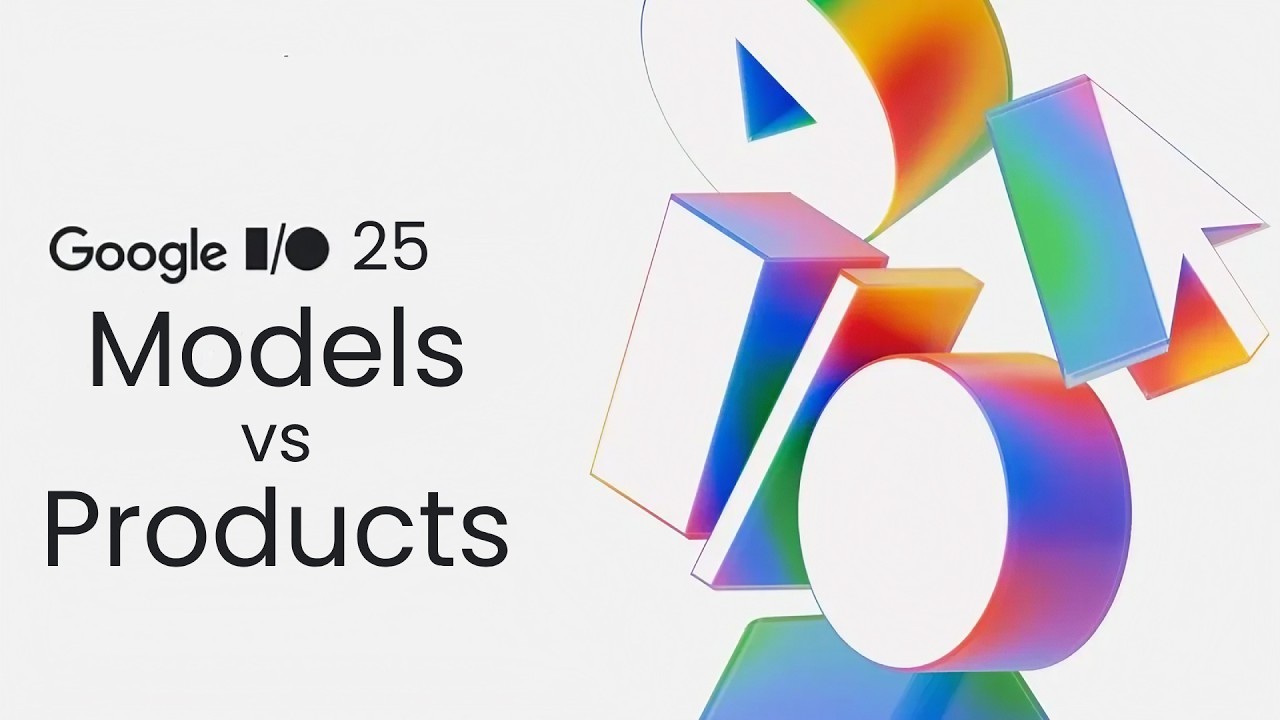At Google I/O 2025, Google shifted its AI strategy from solely releasing new models to integrating them into practical, user-facing products, with continuous updates and enhancements across platforms like search, browsing, and creative tools. Key innovations included the Gemini series, high-speed models like Gemini Diffusion, advanced video and image generation capabilities, and new features that enable more interactive, intelligent, and creative AI experiences for users and developers alike.
The Google I/O 2025 keynote, led by Sundar Pichai, emphasized a shift in Google’s AI strategy from focusing solely on releasing new models to integrating these models into practical products. Pichai highlighted that Google now releases models more frequently, sometimes unexpectedly, rather than saving them for big unveilings. The focus has moved toward iterating on models continuously and embedding them into user-facing products, making AI more accessible and useful in everyday applications.
Throughout the event, Google announced numerous new models, particularly within the Gemini series, which are being rapidly developed and updated. These include the Gemini 2.5 Flash, a low-cost, intelligent model aimed at general use, and the new Deep Think feature for Gemini 2.5 Pro, which enhances computational power for more demanding tasks. Additionally, improvements were made to the live API, audio capabilities, and the integration of advanced features like computer use, enabling more interactive and versatile AI applications.
A major highlight was the introduction of Gemini Diffusion, a high-speed text generation model capable of producing over 800 tokens per second, significantly faster than previous models. Google also incorporated the Model Context Protocol (MCP) into the Gemini SDK, allowing for more sophisticated and context-aware AI interactions. The AI Studio platform was refreshed with new tools, such as URL scraping, adjustable thinking modes, and enhanced text-to-speech features, further empowering developers to create complex AI-driven applications.
Google showcased how these models are powering innovative products, especially in search and browsing. The new AI mode in search enables ongoing conversations with integrated search capabilities, allowing for multi-query interactions and deeper research. The agentic browser tasks facilitate routine automation, such as website monitoring or shopping, which could revolutionize online commerce and advertising. Additionally, features from Project Astra now come standard in the Gemini live app, offering real-time video conversations with AI, accessible for free on mobile devices.
The most spectacular reveal was the introduction of advanced video and image generation models, VO3 and Image Gen 4, under the Flow platform. These models can generate realistic videos, complete with native audio and dialogue, enabling users to create cinematic content easily. Flow aims to democratize filmmaking, allowing individuals to produce movies, animations, and fan content with minimal resources. This shift toward creative, user-generated content signifies a new era where AI not only powers models but also fuels artistic expression and entertainment, marking a significant evolution in Google’s AI-driven ecosystem.
